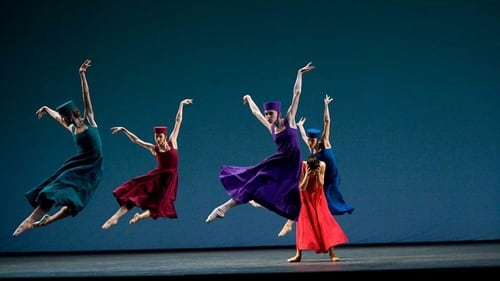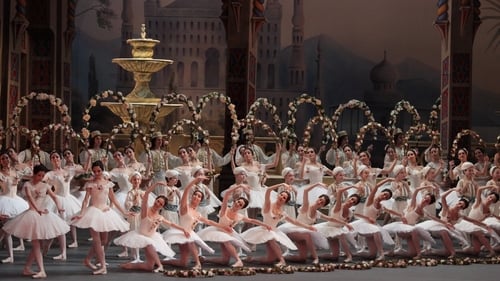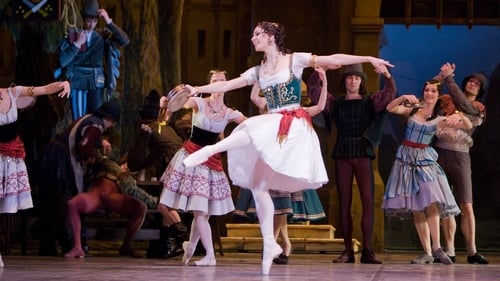Anastasia Stashkevich
Birth : 1984-11-20, Saint Petersburg, Russia
History
Anastasia Stashkevich is a principal dancer with the Bolshoi Ballet.

Sylph
On the day of his wedding, the young Scotsman James is awoken with a kiss from an ethereal winged creature, a Sylph. Entranced by her beauty, James risks everything to pursue an unattainable love… La Sylphide is not only the oldest of the classical ballets, but it also marks the start of dancing on pointe. The Bolshoi Theatre and Bolshoi Ballet in Cinema showcase Johan Kobborg’s production, which conveys the spirit of the ballet in this romantic tale. Anastasia Stashkevich appears as Sylph and Semyon Chudin as James.

The Novice
For one evening, the Bolshoi takes on a new challenge with audacity in The Cage by Jerome Robbins, Harald Lander’s Études and Alexei Ratmansky’s Russian Seasons.

Pas d'action
Traveling through Egypt in the 19th century, a Englishman falls asleep inside a pyramid and travels back in time to the days of the pharaohs, where he immediately falls in love with the daughter of the ruler.

La Fiancée / The Fiancée
Marco Spada was created at the Paris Opera in 1857 with choreography from Joseph Mazilier and music adapted from Daniel Auber’s comic opera of Marco Spada. Soon forgotten, the ballet was revived in 1981 with a brand new choreography by Pierre Lacotte for the Rome Opera, with Rudolf Nureyev as the 18th-century Italian bandit pretending to be an aristocrat, and Ghislaine Thesmar as his daughter Angela.
At the Bolshoi, Marco Spada was premiered on the historic stage on November 8, 2013. Leading roles were performed by David Hallberg (Marco Spada), Evgenia Obraztsova (Angela), Olga Smirnova (Marchesa Sampietri), Semyon Chudin (Prince Frederici), and Igor Tsvirko (Count Pepinelli). Pierre Lacotte designed sets and costumes.

Emeralds (Leading couples)
George Balanchine's jewel-themed triptych, strikingly choreographed to the music of Faure, Stravinsky and Tchaikovsky. This three act masterpiece is renowned as the world's first full-length abstract ballet. The Russian-born co-founder of the New York City Ballet, Balanchine was inspired by the artistry of jewellery designer Claude Arpels to create a trio of distinct movements revealing the essence of each precious stone. Each part also evokes three different cities: Paris, New York and St. Petersburg. 'Emeralds' was conceived as a tribute to the French romantic school, with music by Gabriel Faure. The fiery and energetic 'Rubies' taps into the rich tradition of Broadway musicals, with music by Stravinsky. 'Diamonds' honours the grandeur of Imperial Russia and the Maryinsky Theater, choreographed to the music of Tchaikovsky. With its jewel-like costumes, this is a celebration of the influences on the choreographer who was described as the father of American ballet.

Pas d'esclaves
Inspired by Lord Byron’s epic poem, this jewel of the repertoire boasts a lavish production complete with a shipwreck, pirates, and some of ballet’s most renowned scenes.

Diana
La Esmeralda is a ballet in three acts and five scenes, inspired by the novel Notre-Dame de Paris by Victor Hugo, originally choreographed by Jules Perrot to music by Cesare Pugni, with sets by William Grieve and costumes by Mme. Copère.

L'Aurore (Dawn)
In this joyful version, a beautiful mechanical doll interferes with the happiness of two lovers. Original choreography by Marius Petita. New version by Sergei Vikharev. Music by Leo Delibes. Live performance 29 May 2011.






